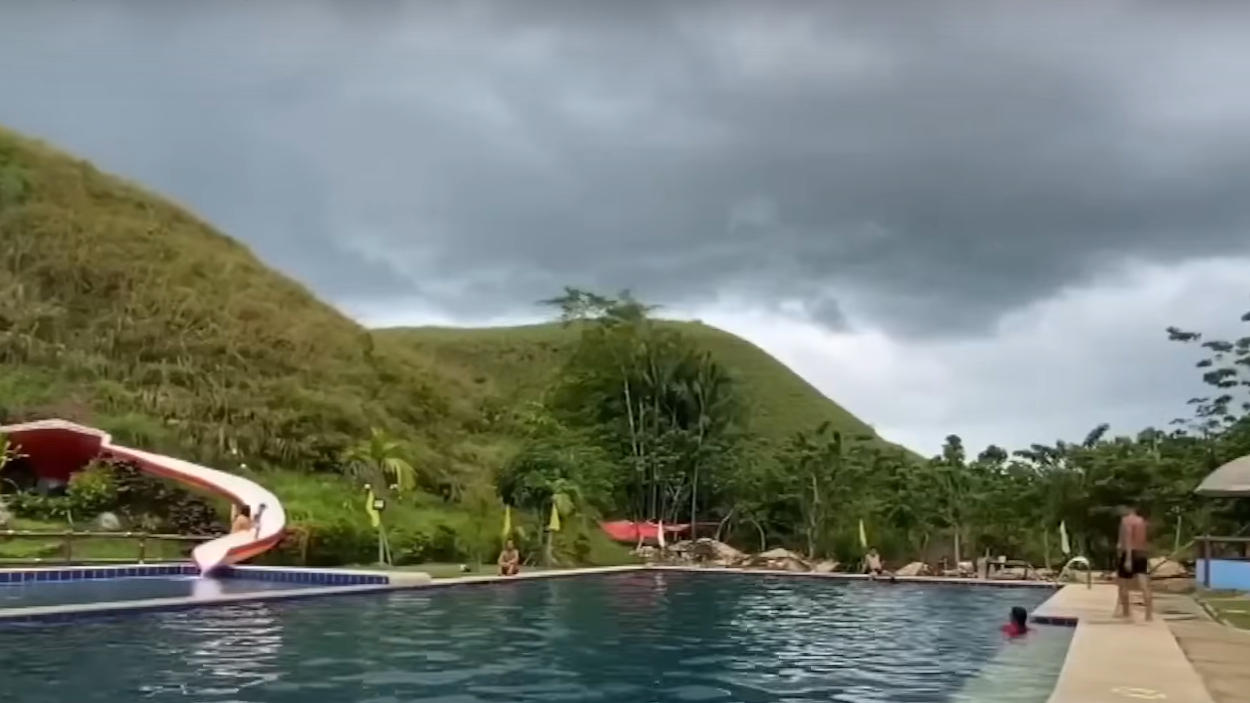ECC for projects in protected areas a must -gov’t depts
By SUNDY LOCUS, GMA Integrated News Published March 22, 2024 8:09pm Updated March 22, 2024 8:09pm After a resort built at Bohol’s Chocolate Hills was found to be operating without an Environmental Compliance Certificate (ECC), the Department of Environment and Natural Resources (DENR), the Department of Tourism (DOT), and the Department of the Interior and […]


By SUNDY LOCUS, GMA Integrated News
After a resort built at Bohol’s Chocolate Hills was found to be operating without an Environmental Compliance Certificate (ECC), the Department of Environment and Natural Resources (DENR), the Department of Tourism (DOT), and the Department of the Interior and Local Government (DILG) said an ECC must be obtained for the construction of buildings and infrastructure in protected areas.
In a joint statement issued Friday, the three government departments said that a Protected Area Management Board (PAMB) resolution allowing development in a protected area did “not omit the necessity of obtaining an ECC, as this is required by law.”
“For responsible tourism in protected areas, compliance cannot be compromised, and regular monitoring is a must,” the statement reads.
The departments added that in the local government units, approval and implementation of management plans could only be effective through balanced and streamlined representation in governing bodies, such as the PAMB.
“This would include representatives of the relevant national government agencies, scientific experts, expert practitioners, tourism planning officers, the academe, and non-government organizations who actively promote sustainable practices, community engagement, and alignment of tourism development with environmental goals,” they added.
DILG Secretary Benhur Abalos on Thursday said only a barangay captain served as a PAMB chairperson when it issued a resolution allowing the construction of the Captain’s Peak Resort.
According to Abalos, the organizational structure of PAMB includes a head from DENR, a governor, three district representatives, 65 barangay captains, and other representatives from different agencies.
Due to this, the DILG Secretary said he would gather the PAMBs in the regions to “capacitate” them with the help of the DENR.
“The recent issue at the Chocolate Hills in Bohol highlights the importance of responsible development in protected areas, emphasizing the delicate balance between economic development, sustainable livelihood, and environmental conservation,” the DENR, DOT, and DILG said in their joint statement.
The national agencies also underscored the importance of identifying the gaps in policies and practices in protecting natural resources and developing comprehensive and balanced approaches both at national governments which included strengthening regulations and monitoring mechanisms, rationalizing land use classification, and enforcing evidence-informed environmental protection according to global environmental standards.
“Environmental governance is only possible with all stakeholders working together to ensure that our actions do not jeopardize the integrity of our ecosystems and the well-being of our present and future generations,” they said.
“Together, the DENR, DILG, and the DOT commit to strategic collaboration and a holistic approach to achieving a sustainable future for all,” they added.
The DENR said it ordered the resort’s temporary closure in September 2023 and a Notice of Violation to the project proponent in January 2024 for operating without an environmental clearance certificate (ECC).
On March 13, the resort announced its temporary closure amid criticisms on social media and imminent government action regarding its operations. — DVM, GMA Integrated News














